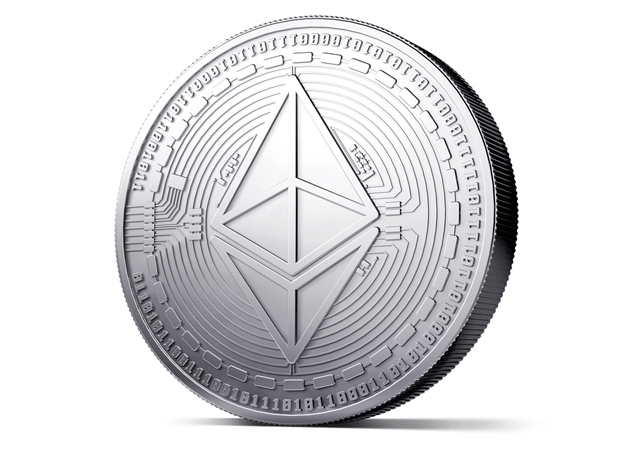Estonia plans to coin its own cryptocurrency: the 'Estcoin' could be the Estonian 'digital oil'

Estonia is little more than that small country in northeastern Europe that is followed by Latvia and Lithuania. The followers of El Blog Salmón know, in addition, that it is the most successful case of transition from the socialist model to the capitalist of the entire former USSR, and that it is at the forefront of electronic services with its digital citizenship program.
For all digital citizenship (e-Residency) is a program open to people from all over the world through which the Baltic country provides access to its online infrastructure, including a card with digital identity certificate equivalent to electronic ID. This allows, for example, to open a company registered in Estonia from anywhere in the world in a matter of minutes.
But the Estonians want to go even further. Taking advantage of the blockchain technology revolution, Kaspar Korjus (head of the digital citizenship program) has suggested that the country could issue 'Estcoins', that is, cryptocurrencies based on the same technology as Bitcoin, but backed by a government ... and accessible to anyone with digital citizenship What are the details of the Estonian proposal?
The 1st state public offer of cryptocurrencies
What the people in charge of Estonian digital citizenship propose is that the country is the first to carry out an Initial Coin Offering (ICO), that is, a public offer of cryptocurrency, in a manner analogous to the public offering of shares by a company that goes public.
Although up to now no state had considered to realize an ICO, several companies and institutions have already done it like form of crowdfunding. The most famous case was that of Ethereum: the platform of intelligent contracts based on blockchain launched an ICO to be financed in 2014, with enormous interest. The value of its criptodivisa, the 'Ether', has suffered the typical swings of any speculative investment, but today stands at about $ 300, 400 times more than the minimum reached in August 2015.
 | But what exactly is an Ether? according to Ethereum itself, it is nothing more than a 'voucher' that in the future will give the right to purchase products and services on the platform. That is, it is not an investment product nor does it have guaranteed value. However, last July the US authorities established that the cryptocurrencies launched in a public offering are financial assets, and must be subject to their regulations. |
|---|
In the case of the Estcoin, the regulation and the guarantee would come from the Estonian authorities themselves, who are working with Vitalik Buterin (founder of Ethereum) on the idea. This would minimize the risk of virtual theft and the use of cryptocurrency for illegal transactions, such as Bitcoin in the absence of a central regulator. Within the investment fever that the world of cryptocurrencies is experiencing, the existence of a government backing could encourage more conservative investors and initiate a wave of state cryptocurrencies.
The Estcoin could be the 'oil' of Estonia
The proposal of Kaspar Korjus is that revenues from the sale of Estcoins are used to finance the improvement and expansion of Estonian digital services, which in turn would increase the intrinsic value of the Estcoins capable of acquiring such services. The cryptocoins have already reached the point of view of the big global investors and Estonia wants to be the first state to take advantage of it.
According to Korjus, money from the sale of Estcoins could be managed in the same way that Norway manages oil revenues, that is, as a sovereign and independent investment fund. In the same way that the profits of the Norwegian fund are destined to pensions, those of the Estonian fund would be destined to invest in digital infrastructure for the country, with the advantage that this could also be used by digital citizens.
Additionally, it could also serve as a venture capital fund to support Estonian companies, including those created and managed from abroad by virtual residents. These plans may sound too optimistic (or, directly, illusory). But five years ago no one would have thought that a state could launch a virtual residency program, and today in Estonia the number of new digital citizens exceeds that of births.
 | Will state cryptocurrencies become an instrument of monetary policy? Will they ever replace conventional currencies? The first answers could come from a small Baltic country. |
|---|